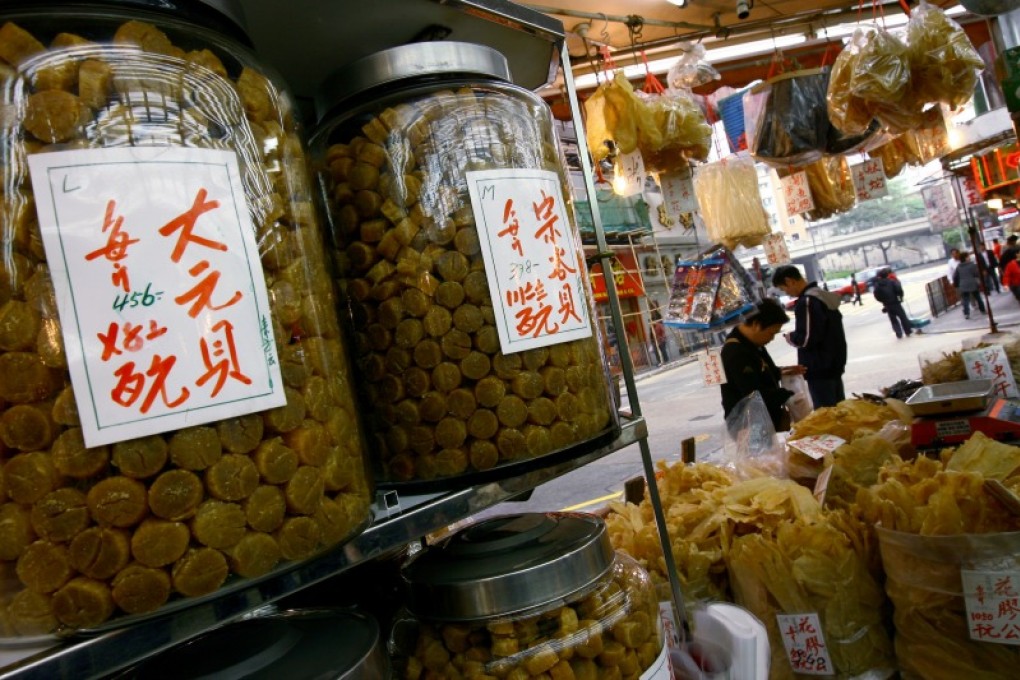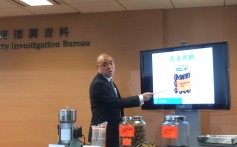New | Customs nab Tsim Sha Tsui trader who misled shoppers over price of Chinese herbs
Customers were pressured into paying more than ten times the price they expected after confusing use of different measurements

Customs officers posing as ordinary customers on Monday arrested a saleswoman in Tsim Sha Tsui for misleading shoppers about the unit of measurement used for quoting prices of Chinese herbs, which turned out to be 10 times what was expected.
The 37-year-old was arrested for contravening Section 13-E of the amended Trade Descriptions Ordinance which prohibits the misleading omission of information required by customers.
More arrests are possible in the future, said Patrick Liu Ping-tong, acting head of the Customs’ Special Duties Team, but there was no evidence to suggest any wider network or organised group was involved.

The operation followed a complaint received in early February from a tourist, whose place of origin was not revealed. The tourist said the salespeople at the Tsim Sha Tsui shop had quoted a price in tael, a unit of measurement equivalent to about 38g. When they went to pay, it was revealed that the price was actually based on the mace unit of measurement – one-tenth of a tael or about 3.8g.
The tourist said they were then pressured into buying the goods at the newly inflated price.